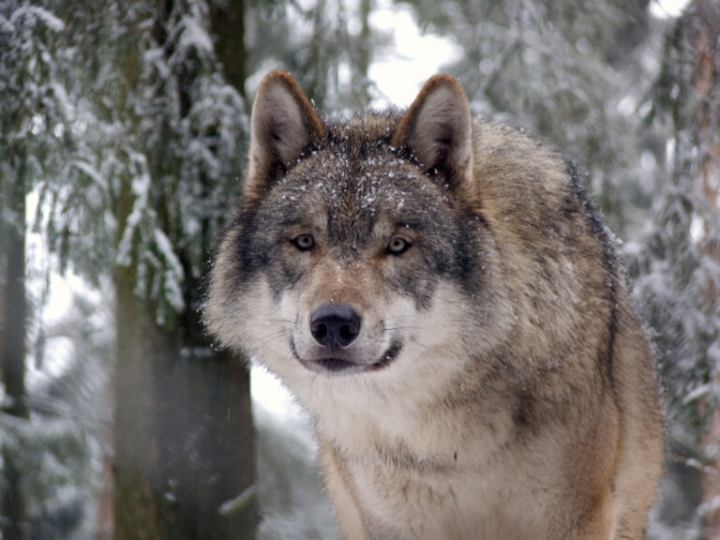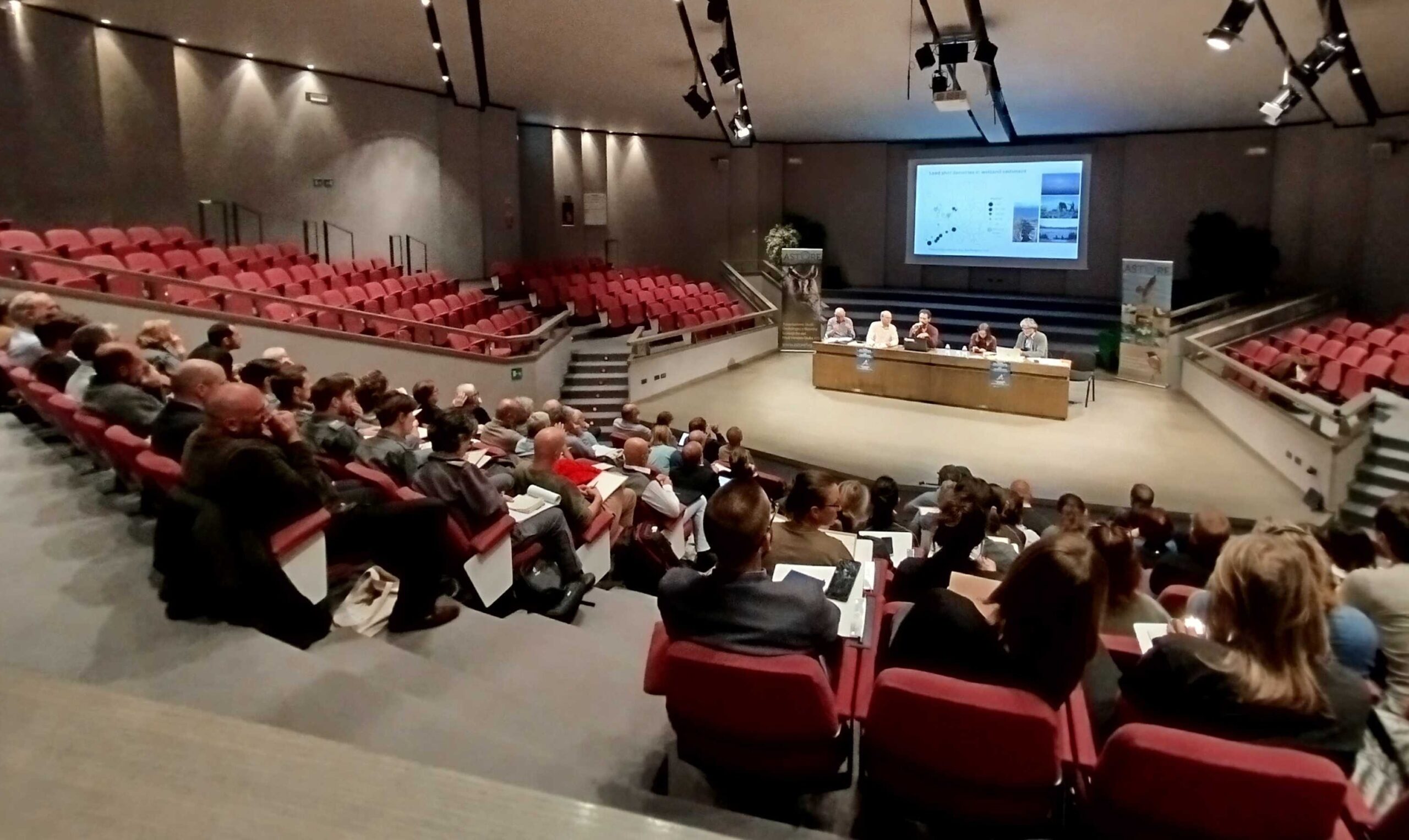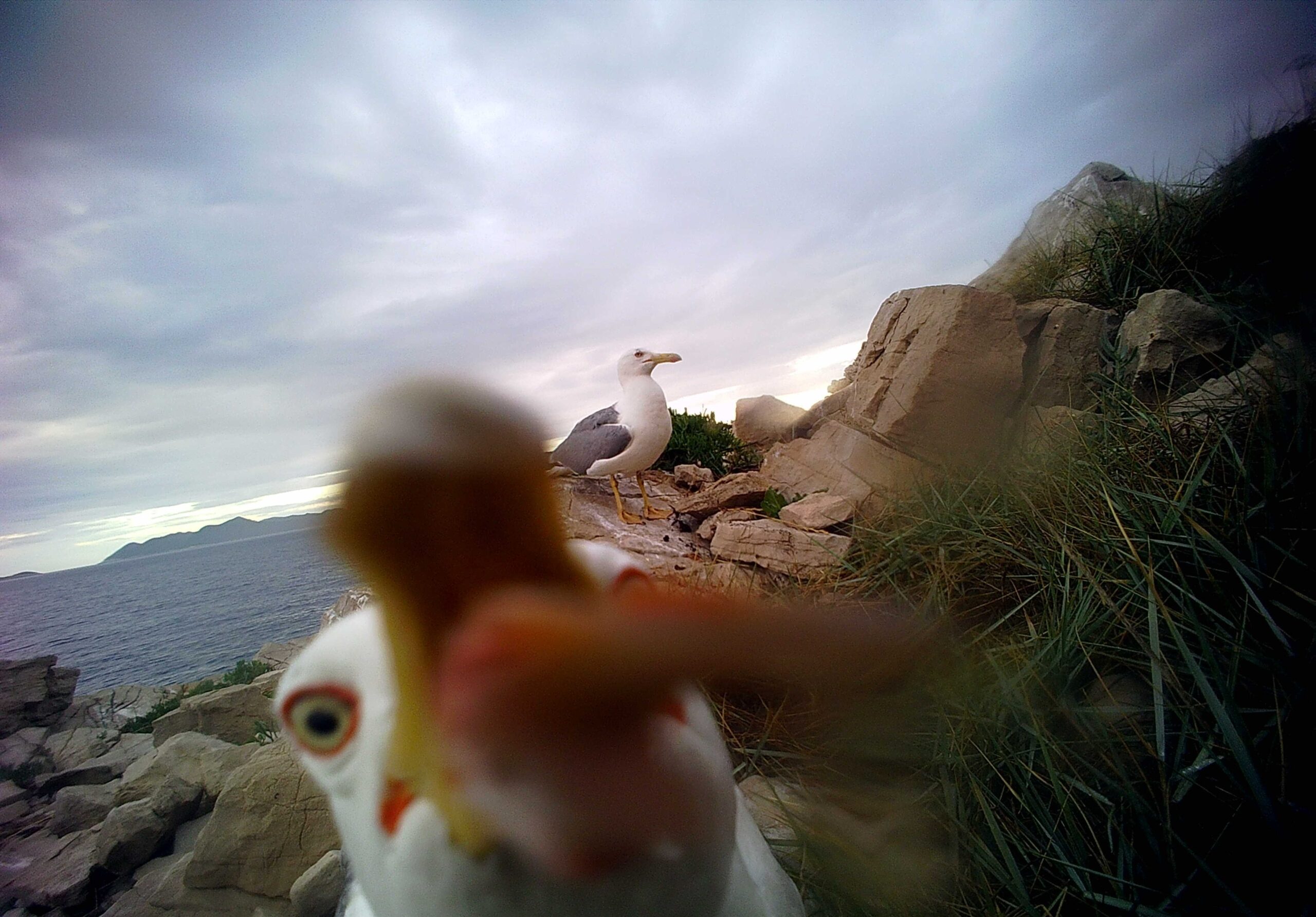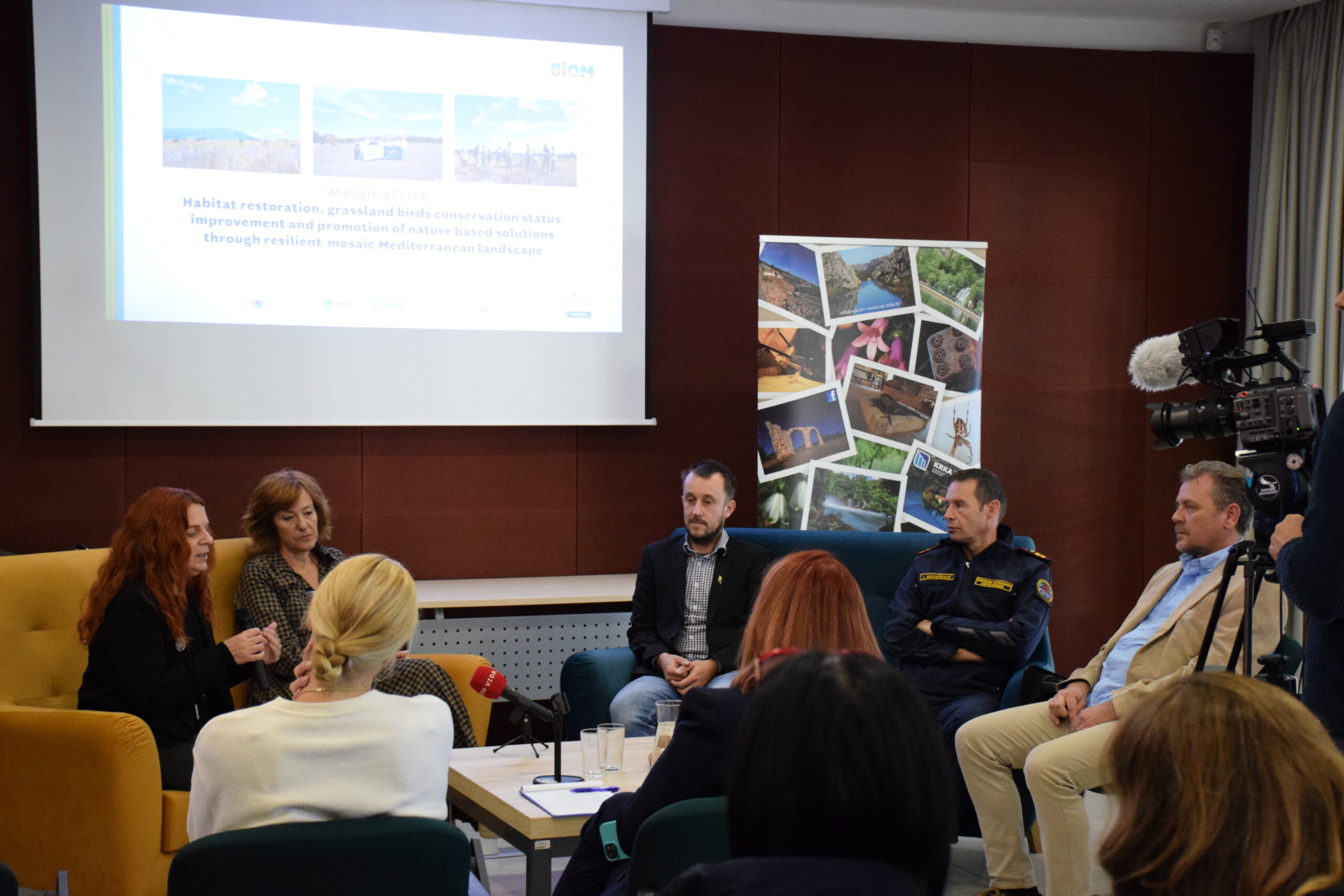The Standing Committee of the Bern Convention voted yesterday to reduce the level of protection for wolves, a move condemned by conservationists and environmental groups. The decision, prompted by an EU initiative to weaken wolf protection, is a serious mistake and lacks any solid scientific basis.

By voting to reduce the protection of wolves under the Bern Convention, EU member states ignored the appeals of over three hundred civil society organizations, the Large Carnivore Initiative for Europe, and hundreds of thousands of citizens seeking evidence-based action to promote coexistence with large carnivores. Instead, they supported a politically motivated decision influenced by personal reasons after a wolf killed a pony owned by European Commission President Ursula von der Leyen in 2022.
The European Union already has a program for responsible wolf management, which includes culling if necessary. However, in December 2023, the European Commission proposed reducing wolf protection under the pretext of protecting livestock from predators, following a consultation process that ClientEarth found to be flawed and is now under investigation by the European Ombudsman.
The weakening of wolf protection threatens to deepen social divisions rather than encourage constructive solutions. Wolf populations have barely recovered from their extinction in most parts of Europe, and weakening their protection could jeopardize this fragile recovery. Rather than reducing tensions, this decision could deepen divisions and undermine confidence in efforts to effectively manage wolf populations.
It is strongly recommended that the Bern Convention prioritize science-based decision-making to ensure that its processes are guided by sound evidence rather than political agendas. To this end, the Convention should strengthen its mechanisms for good governance, particularly regarding the maintenance of the list of protected species. A transparent approach based on scientific knowledge is essential to maintain the credibility and effectiveness of the Bern Convention. By establishing itself as an example of good governance, the Bern Convention can not only preserve its own integrity but also inspire and strengthen the governance of European nature conservation laws.
Ivana Selanec, executive director of the BIOM Association, emphasizes:
“Given that we depend on nature, coexistence with nature is a very important issue. This has clearly shown how much we do not understand it, and for that, we will have to pay the price. With the degradation of the wolf’s status, the possibility of paying compensation and providing support to our family farms in finding ways to coexist with nature becomes questionable. Reducing protection poses an extremely high risk for the species itself, but also a ‘stab in the back’ for the most vulnerable—small and young farmers, for whom financial compensation for damage caused by wolves and the ability to use tools to avoid conflict means a lot.
In Croatia, unfortunately, we also have the example of the jackal, which clearly shows that the management of species that live in packs cannot be carried out by culling, as is the case with solitary bears or foxes. Culling wolves causes the counter-effect of ‘dispersing’ the pack over wider areas and thus potentially causing even greater pressure on our livestock farming and expansion into new areas.”






